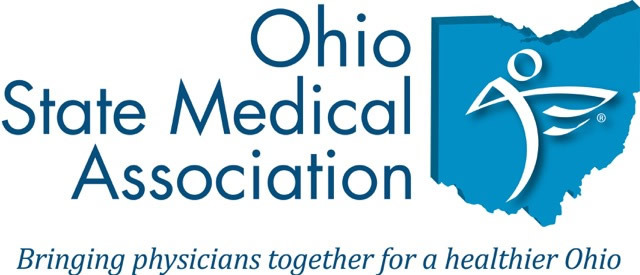Complete Story
08/20/2020
Federal Advocacy Update
OSMA is your federal advocacy ally—keeping you informed of developments that affect your profession and patient care and making your voice heard on key issues. Here are the major federal advocacy updates for August.
Organized Medicine Advocates for Revisions to Medicare Accelerated and Advanced Payment Program
At the start of the pandemic, the Medicare Accelerated and Advanced Payment Program provided much-needed cash flow for physician practices as patient volumes dropped dramatically. The timeframe is now approaching for these advances to be paid back. With many practices still experiencing financial challenges, the AMA and other national specialty societies and state medical societies have sent a letter to the White House Chief of Staff urging the administration to extend payment timelines and reduce payment amounts. Specially, we are urging them to:
- Postpone the recoupment of disbursed funds until 365 days after the advance payment has been issued to a physician practice;
- Reduce the per claim recoupment amount from 100 percent to 25 percent; and
- Extend the repayment period for physicians to two years.
President Trump Signs Executive Orders Impacting Prescription Drug Costs
Late last month, President Trump announced four executive orders pertaining to lowering prescription drug costs nationwide. The orders themselves task federal agencies with implementation of the initiatives throughout regulatory processes, so there will not be immediate effects stemming from the provisions. Details are still emerging, but generally, the orders outline the following:
- Discounts for insulin and epinephrine
The first of the executive orders would require that federally qualified health centers (FQHCs) pass the discounts they receive on insulin and epinephrine through Medicare’s 340B Drug Discount Program on to patients. The discount would only be available to eligible patients with low incomes, high cost-sharing requirements for either drug, no health insurance, or high deductibles. - International pricing index
The second order would create an international pricing index that would set the rate that Medicare Part B pays for the most expensive medications covered under the program to the lowest price in other countries with similar economies to the United States. However, President Trump has indicated that this particular order is on hold and may not go into effect if the pharmaceutical industry presents his administration with a better alternative by August 24. - Safe prescription importation
Another of the executive orders aims to support the safe importation of prescription drugs by requiring the Department of Health and Human Services (HHS) to facilitate grants to allow patients to import FDA-approved medications from countries abroad if doing so results in a lower cost. Further, the order directs HHS to quickly establish rules allowing both states and pharmacies to import certain prescription drugs from Canada. This order would also permit pharmacies and wholesalers to re-import biological drugs and insulin which were originally manufactured in the United States and exported for sale internationally. - Elimination of certain rebates
The final executive order would eliminate drug rebates used by health plans, pharmacies or pharmacy benefit managers (PBMs) in operating Medicare Part D, and require that those entities pass those rebates directly to patients in the program. The order directs HHS to exclude retroactive price reductions from safe harbor protections under federal anti-kickback law. This order aims to lower patients’ out-of-pocket costs, but there is a catch. The order also requires that HHS Secretary Alex Azar confirm that eliminating these rebates would not increase Medicare premiums, which some experts have predicted will be difficult.
Cares Act Provider Relief Fund Extension Period Ends on August 28
The Department of Health and Human Services (HHS) has extended the application and attestation process several times for both those that provide services to Medicare and Medicaid patients. To ensure you haven’t missed the opportunity to receive these payments, review the key facts and 6 steps for applying for funds before next week’s deadline of August 28. We don’t believe this opportunity will be extended again. If you still have questions after reviewing the provider relief website and portal, HHS has created a provider support line at (866) 569-3522. Calls will be answered between 8 a.m. to 11 p.m. Eastern Time, Monday through Friday.
2021 Medicare Physician Fee Schedule and Quality Payment Program Proposed Rule Summary
On August 4, the Centers for Medicare & Medicaid Services (CMS) released a proposed rule for the 2021 Medicare Physician Fee Schedule (PFS) and Quality Payment Program (QPP). The proposed rule covers diverse topics including the calendar year (CY) 2021 Conversion Factor, Evaluation/Management (E/M) office visit services, telehealth and other services involving communications technology, scope of practice, and updates to the Quality Payment Program through Merit-based Incentive Payment System (MIPS) activities, methodology, payment adjustments, and the Promoting Interoperability performance category.
Over the next two months, OSMA will be working with the AMA and other national specialty societies to make numerous changes to the rule that are extremely problematic for physicians including significant rate cuts and coding changes. We will be providing more details of these advocacy efforts in the weeks ahead and how you can assist in the effort.
If you have questions about this information
or OSMA’s services to physicians:
Call 800-766-6762 or email OSMA.

